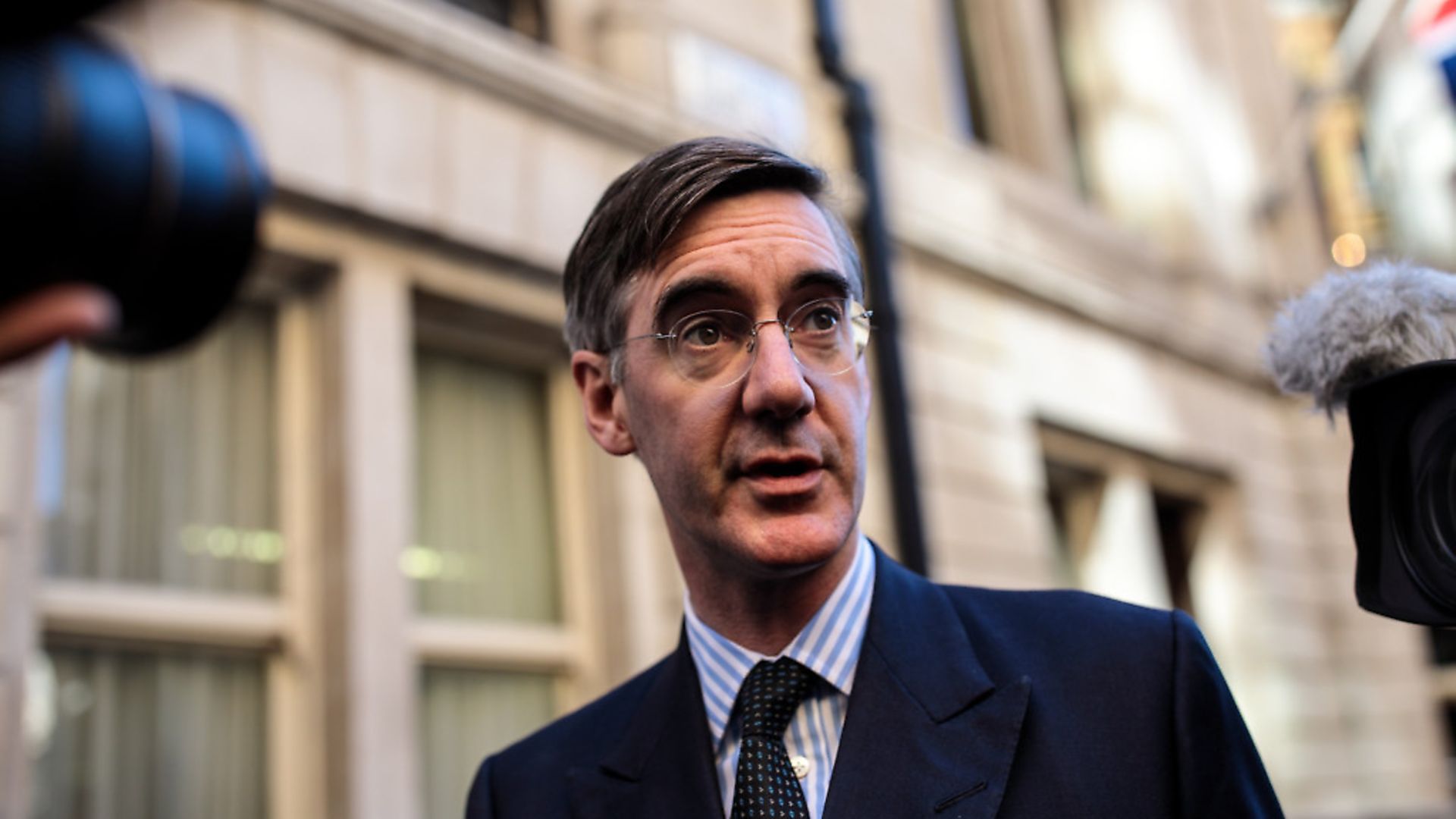
Public displays of policy are a powerful thing, argues James Ball.
When a politician makes a big and public declaration on a policy, it becomes far more likely that they’re going to do it.
Anyone who remembers the 2010 Liberal Democrat election campaign and manifesto will know this is no hard-and-fast rule – after promising to abolish tuition fees and making it the centrepiece of their platform, the party then joined a coalition government which instead tripled fees.
But despite our feelings otherwise, politicians typically stick to their on-the-record promises, just as, by and large, political parties stick to their election manifestoes. This makes public declarations of policy a powerful thing: unlike off-the-record whispers and rumours, these serve as a powerful commitment.
When whatever’s being promised is something we like, we might be tempted to think this is a good thing: it gives us a sense of having a sure ally in parliament, and serves as a public signal of the strength of political will behind a particular policy.
But as this tool becomes ever-more common, it’s starting to damage our ability to govern. It’s perhaps easiest to see this through a public commitment that most – surely all – readers of this newspaper will oppose: the ‘Stand Up For Brexit’ campaign, which has garnered public and on-the-record support from dozens of Conservative MPs, including Boris Johnson, David Davis and Jacob Rees-Mogg.
The pledge is, in essence, a public declaration of opposition to Theresa May’s Chequers plan, but one which highlights three particular aspects of the proposal as deal-breakers.
The first is opposition to the ‘common rule book’ between the UK and EU – an essential component of the customs union and single market which keeps standards and governs how they are checked across the EU, abolishing the need for customs and other checks. This – plus oversight from the European Court of Justice – is deemed unacceptable, as it ‘severely hampers new trade deals’.
The second objection the MPs have signed up to is any backstop which ‘allows Northern Ireland to be separated from the rest of the UK’ – which would rule out the backstop which Theresa May and her cabinet agreed last December.
Not only does this speak poorly of Johnson and Davis – who were in the cabinet and signed off this deal at the time, apparently without bothering to read it – but when combined with the first point makes any backstop effectively impossible.
The two proposals together scupper any form of backstop to prevent an Irish border – including a full-UK customs deal – without offering any form of alternative, effectively an act of political vandalism.
The third point relates to paying benefits to EU workers, and is largely based on a misunderstanding of current rules – a cynic might suggest it’s in there because it polls well, rather than having any relevance to the Chequers proposals, or to the talks.
Silly and self-serving as this public pledge is, you might be tempted to think it’s largely harmless: the eurosceptic Tory backbench European Research Group (ERG) has been sounding off for a hard Brexit for months, and is of a similar size to the number of MPs who have signed this pledge.
However, the ERG largely works anonymously and is a fairly informal grouping – meaning there’s few MPs who had publicly signed up to act in particular ways. The shift from that to a public roster of MPs, often with accompanying videos, is marked: it will be very, very obvious to every pressure group and donor who flinched, and who acted against what they promised.
The damage this does is, as ever, far more obvious in the USA, where for years Republican candidates for Congress have been heavily encouraged to sign pledges from pressure groups and donors. The most famous are the ones that come from the NRA – no new gun laws – and the Grover Norquist pledge: no new taxes, under any circumstances.
These serve to tie politicians’ hands and make them all but useless. No matter how circumstances change, no matter what they learn, no matter what overwhelming evidence says, or how good a compromise deal is – they will be intransigent. They become less of a legislator than a roadblock, making the job more difficult for anyone still left who’s trying to govern responsibly.
We are coming close to the politics of disaster: however much we may wish otherwise – and despite the largest political march in a decade – a People’s Vote still remains one of the least likely outcomes of Brexit.
Neither of the two largest parties is calling for it, the Conservatives would sooner swap leaders than call an election, and no Conservative leader could survive calling a referendum. Even if there were an election, Labour under Jeremy Corbyn would be unlikely to run under that banner. And that’s before the practical and logistical issues even begin, or the politics of the EU get involved.
In the meantime, more and more MPs are signing a public pledge that would make any Brexit deal impossible, with almost no-one willing to advocate any kind of deal – largely because they know it will be politically unpopular, so why tie your flag to that mast?
There will come a time when politics has to move on from Brexit and tackle some of the many other issues facing the country: social care, housing, inequality, and more. Progress on these often comes from compromise, and from listening to the experts to spend money in the right places, and raise it in the right ways.
The rise of public-pledge politics will only harm that. We need to resist it, if we can.










